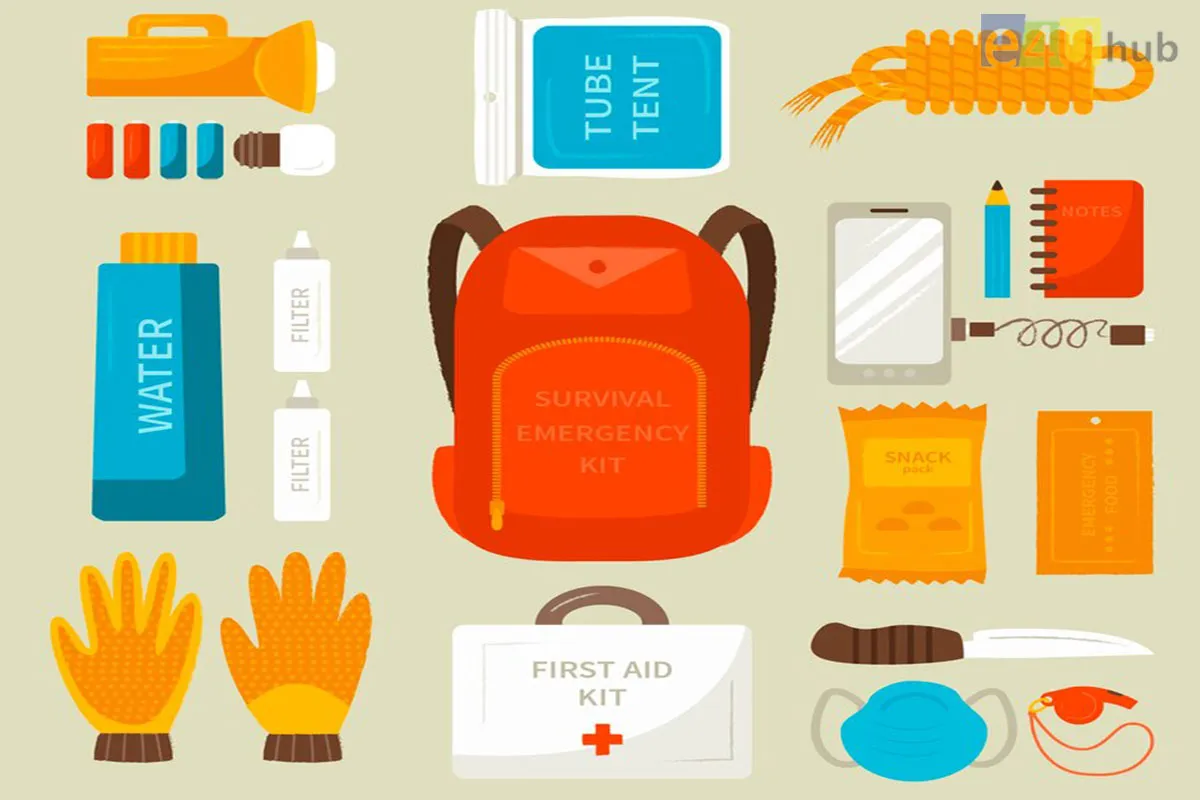
Tips for Reducing Stress in a Busy World
- 25 Nov, 2024
- Health
- 438 Views
- 0 Comments
In today's fast-paced world, it's easy to feel overwhelmed by the constant rush of daily life. Whether you're juggling work, family responsibilities, or social commitments, stress seems to be an inevitable companion. However, learning to manage stress is crucial for both your mental and physical well-being. Below are some practical tips that can help you reduce stress and regain a sense of calm and control in your busy life.
1. Practice Mindful Breathing
One of the simplest and most effective ways to reduce stress is through mindful breathing. Deep breathing helps activate your body's relaxation response, lowering heart rate and blood pressure. Try taking a few minutes each day to practice deep breathing exercises. Inhale deeply through your nose for a count of four, hold for four, and exhale through your mouth for a count of four. This can quickly calm your mind and reduce feelings of stress.
2. Prioritize Self-Care
In the hustle and bustle of everyday life, self-care often takes a back seat. However, neglecting your own needs can increase stress levels. Prioritize activities that promote relaxation and well-being, such as taking a warm bath, reading a book, or going for a walk in nature. Taking time to care for yourself not only boosts your mood but also recharges your energy, making you more resilient to stress.
3. Stay Organized
A cluttered environment often leads to a cluttered mind. Taking small steps to stay organized can have a big impact on reducing stress. Use to-do lists, planners, or digital tools to organize your tasks and prioritize what’s most important. Breaking down big projects into smaller, manageable tasks can make them feel less daunting. Plus, keeping your living and workspace tidy can create a sense of calm.
4. Exercise Regularly
Exercise is a natural stress reliever. Physical activity releases endorphins, the body's feel-good hormones, which can help improve your mood and reduce anxiety. It doesn’t have to be an intense workout—simple activities like walking, yoga, or stretching can be effective. Aim for at least 30 minutes of physical activity most days of the week. Exercise also promotes better sleep, which is essential for managing stress.
5. Set Boundaries
In a busy world, it's easy to say "yes" to every request, but overcommitting can lead to burnout. Learning to set healthy boundaries is key to stress management. Be honest with yourself and others about what you can handle. It’s okay to say no when you need to protect your time and energy. Setting boundaries allows you to focus on what truly matters and helps reduce feelings of overwhelm.
6. Disconnect from Technology
Technology, while convenient, can also contribute to stress. Constant notifications, emails, and social media updates can make you feel like you're always "on." Make a conscious effort to disconnect from screens, especially before bedtime. Try designating "tech-free" times during the day, such as during meals or right after waking up, to give your mind a break from the digital world. This can help you feel more present and reduce stress caused by information overload.
7. Cultivate Gratitude
Focusing on the positive aspects of your life can shift your perspective and reduce stress. Take a moment each day to reflect on what you're grateful for, whether it’s good health, supportive friends, or a job you enjoy. Keeping a gratitude journal is a great way to remind yourself of the things that bring joy and meaning to your life. This simple practice can help reframe stressful situations and boost your emotional resilience.
8. Get Enough Sleep
Sleep is often one of the first things we sacrifice when we're busy, but poor sleep can make stress worse. Lack of sleep impairs your ability to think clearly, regulate emotions, and cope with challenges. Aim for 7-9 hours of sleep each night and establish a consistent bedtime routine. Create a calming environment by keeping your bedroom dark, quiet, and cool. A well-rested mind is better equipped to handle stress.
9. Connect with Others
Social support is essential for managing stress. Talking to a friend, family member, or therapist can help you process your emotions and gain perspective. Whether it’s venting about your day or sharing a laugh, meaningful connections can help you feel supported and understood. Don’t be afraid to reach out for help when you need it. Socializing and maintaining relationships can act as a buffer against stress.
10. Practice Acceptance
Sometimes, stress arises from things beyond our control. In these moments, practicing acceptance can be a powerful tool. Acknowledge that you can’t change everything, and focus on what you can control. Letting go of the need to fix everything or be perfect can relieve a significant amount of pressure. Embrace the idea that it's okay to not have all the answers, and that it's okay to take things one day at a time.
Conclusion
While stress may be an inevitable part of modern life, it doesn't have to control you. By implementing some of these strategies into your routine, you can reduce the impact of stress and create a more balanced, fulfilling life. Remember, taking care of your mental and physical well-being should be a priority, not a luxury. With small changes and a mindful approach, you can navigate the busyness of life with greater ease and peace of mind.














Leave a Reply